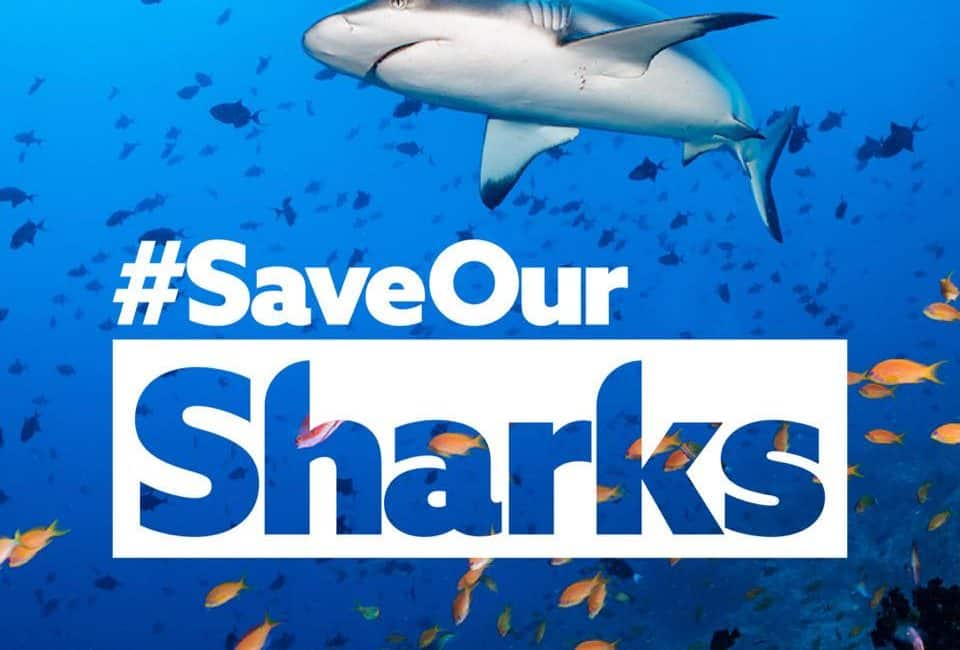The Maldives has had a complete ban on shark fishing since 2010 securing Indian Ocean’s own haven for the apex predator. However the life of these marine life has been threatened with the discussion of legalising the 11 year ban, for economic profit.
According to local news reports, the Maldives’ Minister of Fisheries, Marine Resources and Agriculture, has said that lifting the ban presents a profitable revenue-generation strategy for the state. The comments made by the minister caused a widespread of outrage from the local scuba-diving community, and environmentalists everywhere. It was further fuelled by the recent reports of illegal shark fishing and trade in the Maldives. Thus in response to the legalisation, over 100 international and local stakeholders, including resorts and NGOs, released a statement urging the authorities against shark fishing in The Maldives. The group includes not conservation organisations and NGOs and includes some of the Maldives top dive centres and some of the largest and most influential tourist operators in the country.
The joint statement read, ” We urge State authorities to give serious consideration to the fragility of the balance of nature in the Maldives today. As a nation of 99% water and 1% land, the health of the ocean is vital for its survival. At a time where we are grappling multiple crises; the Covid-19 pandemic, economic crisis; to name but a few, the climate crisis and ecological crises are threat multipliers. Safeguarding the sharks is essential for Maldivians to be able to survive and thrive. ”
The undersigned Concerned Stakeholders also call upon the State Authorities to uphold the rule of law to enforce the legal protections for sharks, to ensure accountability and to conduct timely and transparent investigations on the following cases:
a) The attempted illegal export of 429 kg of shark fins seized by the Maldives Customs Service on 3 January 2021 at Velana International Airport;
b) The vessel that was apprehended by Maldives Police Service carrying a large quantity of sharks and shark products in South Ari Atoll on 23 March 2021; and
c) The illegal drum fishing line discovered by a tourist at the popular dive site, Fish Head in North Ari Atoll with several hooked sharks on 24 March 2021.
According to a report by the Intergovernmental Science-Policy Platform on Biodiversity and Ecosystem Services (IPBES)’s in 2022, an estimate of over a million species are currently faced with extinction. It further states that by 2015, although 60% were fished sustainable, 33% of global marine fish stocks were being harvested at unsustainable levels, and 7% were harvested lower than the sustainably fished levels.
Shark fishing was banned completely in the Maldives in 2010, following a reported decline in shark populations, which have become increasingly valuable as a tourist attraction.
A 2009 study by researchers at James Cook University, however, estimated that a single grey reef shark was worth $3,300 to the Maldivian tourism industry, compared with just $32 as a landed catch. A 2019 study found that business revenue from shark divers in the Maldives was estimated to be U $14.4million, with up to US$51.4million in revenue generated by local businesses ‘associated with the travel expenses of shark divers’; US$7.2 million in tax receipts; and US$4.1 million in employee salaries.




